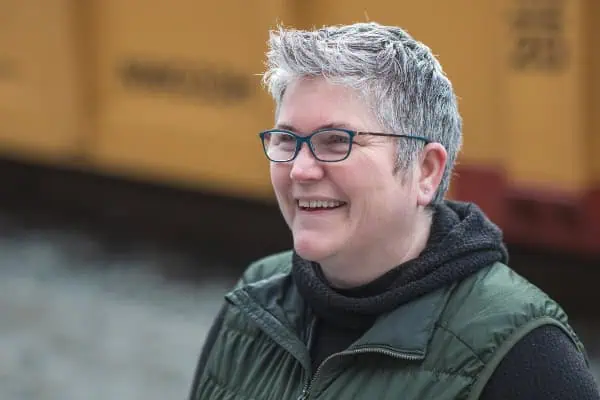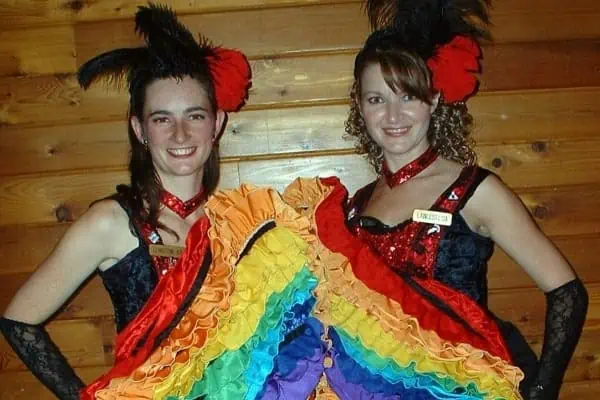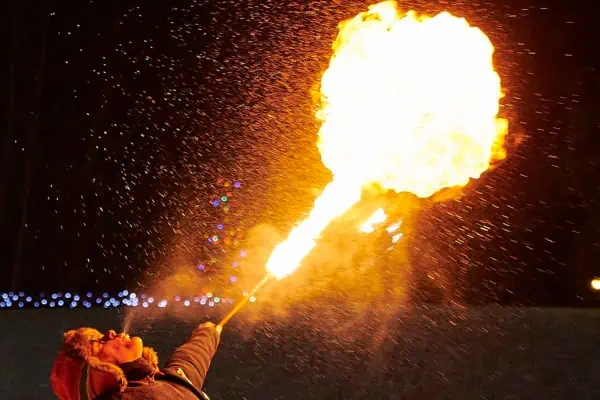“Fool that I was, for many years, I tried to reject any notion of an artistic life,” says poet Garry Thomas Morse. “For me, a poet is not just someone who pens pretty lines or teaches theory or hangs out with poets. You can blame my Native background for my shamanistic viewpoint [but] for me, it is a lonely business, this return from the realm of one’s private vision and the consequent struggle to give it form.”
Morse will bring his shamanistic approach to the Old Fire Hall, reading new work at the Whitehorse Poetry Festival, June 20 to 23.
Morse also plans on relocating to Whitehorse for a time after the festival ends.
“Since around 2000, everything’s been a blur with upkeep for my software business for 10 years, studying at [Simon Fraser University], doing a variety of other technical jobs for corporations, followed by three years at Talonbooks serving as online promoter and editor,” he explains. “I may take a bit of a breather, and then turn over a fresh page. Swimming, snowshoeing and caribou stew are high on the list. Morse of the North begins.”
Despite the poetry festival’s status as a fixture in Whitehorse since 2007, this is the first time a First Nations poet has read at the festival. Morse’s collection, Discovery Passages, is the first work to feature stories of the Kwakwaka’wakw (Kwakiutl) First Nations – who were early trading partners of the Tlingit First Nations of B.C. and Yukon.
Morse will be visiting Teslin to give a reading on June 20, in association with the festival.
Morse’s poem “Wak’es” deals with the cultural theft of family heirlooms, something that was common in areas where First Nations had contact with early settling communities. Theft could happen, for example, through the governing legal system.
“In the 20th century… incarceration for potlatching was designed so that they would offer up their masks and regalia as bail,” Morse says.
Often these objects would find their way into museums, locked away from the rightful owners, but Morse’s approach is to temper this injustice with humour.
“One can whine about it online or one can get mad or one can take refuge in laughter and I would venture that the third option is the least harmful to oneself,” he says.
Morse hesitates to don the title of role model but accepts that he can help provide another vision of the future for those living in remote areas.
“My visits to smaller communities, including First Nations communities, has represented something positive, if only in showing alternatives to what can be an insular way of life for young people, and some of the common problems that implies,” he says. “That’s really part of a more universal principle, that poetry and literature can be exciting and that however hard, one can actually try and make a brilliant life out of it.”
Eva Holland, the poetry festival’s communications co-coordinator, is pleased Gary Thomas Morse is presenting his work this year, which is the fourth annual event.
“We’ve always tried to include the communities and we’re excited about the expertise that Garry will bring,” Holland says.
The poetry festival will showcase the work of 10 guests who have made a life out of poetry. This year guest poets include Jo Shapcott, from the United Kingdom, and Jamella Hagen, a Whitehorse-based poet.
In addition to readings, the festival this year will also include practical information sessions offered by the guest speakers on such topics as tax tips and advice for getting published.
The Whitehorse Poetry Festival runs from June 20 to 23 at the Old Fire Hall. For more information about the guest poets and the schedule of events, go to www.WhitehorsePoetry.com
Gary Thomas Morse’s books can be found online at Talonbooks.com.




